A new world order seems to be taking over life as we have known it. Now more than ever, countries which stressed on building a sense of togetherness and belonging with special needs populations are encouraging people to stay at home. We at Snehadhara too had to abruptly close our Direct Care division for the health and safety of the staff and children; though not until the staff and children took a day trip to Madiwala lake to mark the last day at the centre before directives on shutting down came in.
We were left wondering about what inclusion means in the time of social distancing. World over countries are encouraging therapists and facilitators to maintain strict health and safety measures while also looking after the best interests of clients and beneficiaries. Advise to stand 2 meters away if spending more than 10 minutes together, not touching and sanitizing hands afterwards though well advised seems directed at keeping people apart rather than together.
What about the gentle holding of hands, paintbrushes, clay, cloth and games that therapists and facilitators engage in with their clients and beneficiaries? We spoke to some of the staff at Snehadhara Foundation to ask how they felt about it. Kavita felt “confused and sad,” yet optimistic. Arjun described “the emotional impact of social distance” that “has also manifested in anxiety and fear for others who may be vulnerable according to current Government of India medical guidance.” He was drawn to introspect on “how am I reaching out to others in a safe way?”
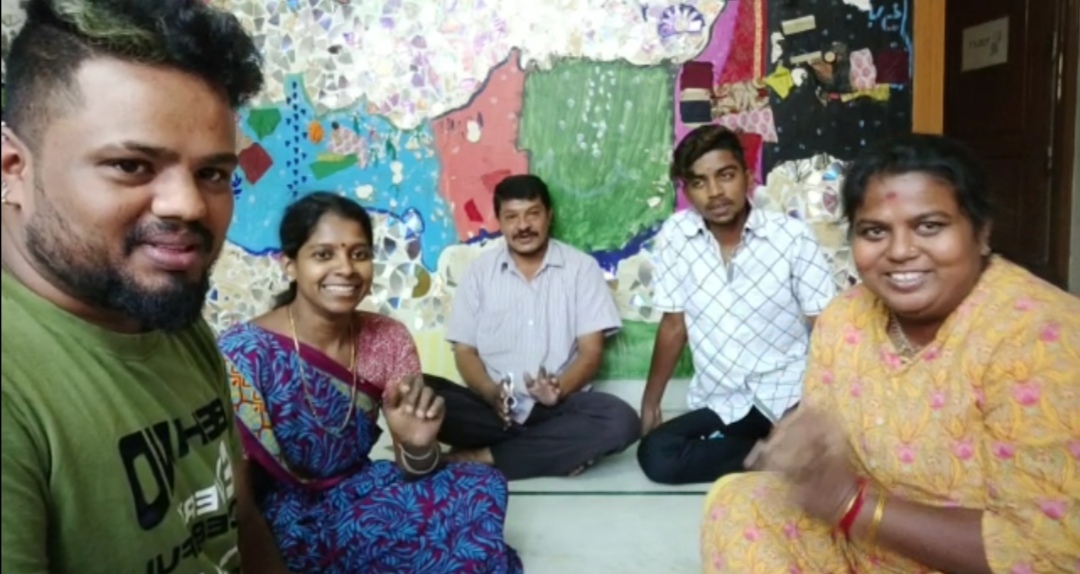
How indeed are we reaching out to each other? The struggle seems more difficult when social distancing is being enforced from inside out (and for all the right reasons). There have been many routines and words lost in the hurried transition to a new way of self and community care. Our colleague Pavani shared something very interesting when she said it is the strangest experience that has “felt lonely yet brought the world closer.”
This phase has triggered reflections for her and many other people world over on the daily lives of “socially excluded communities/persons.” How are we being aware and including them in mainstream household where social distance and isolation is quickly becoming the norm?
In a TikTok video (TikTok is a new video posting social media application), the World Health Organisation took an inclusive step by issuing an advisory in a disabled-friendly medium about proper measures to beat the virus. With the United States being a frontrunner in the debate about equal access to information and protection, the United Kingdom is being criticised by the media for very little traction in this department. In India where the epidemic is now beginning to seed, talk of disability inclusion is not taking place. Whatever the steps at the organisational level may be, the question to ask ourselves is “what can we do?”
You can do little things to make a big difference. Continue to engage with your children, relatives and friends even as you follow all health advisories. Replenish the paint stocks, colour pencils and papers and paint something on separate sheets or a large sheet of paper. Play the drum, percussion instruments or even the kitchen utensils together. Tell each other stories (best served sitting around a bonfire if you’re in places where it is cold!) and sing and dance a little bit. So much will be communicated emotionally and socially; so much will be achieved inclusively! Only the arts offer a universal language to talk, share, engage and communicate.
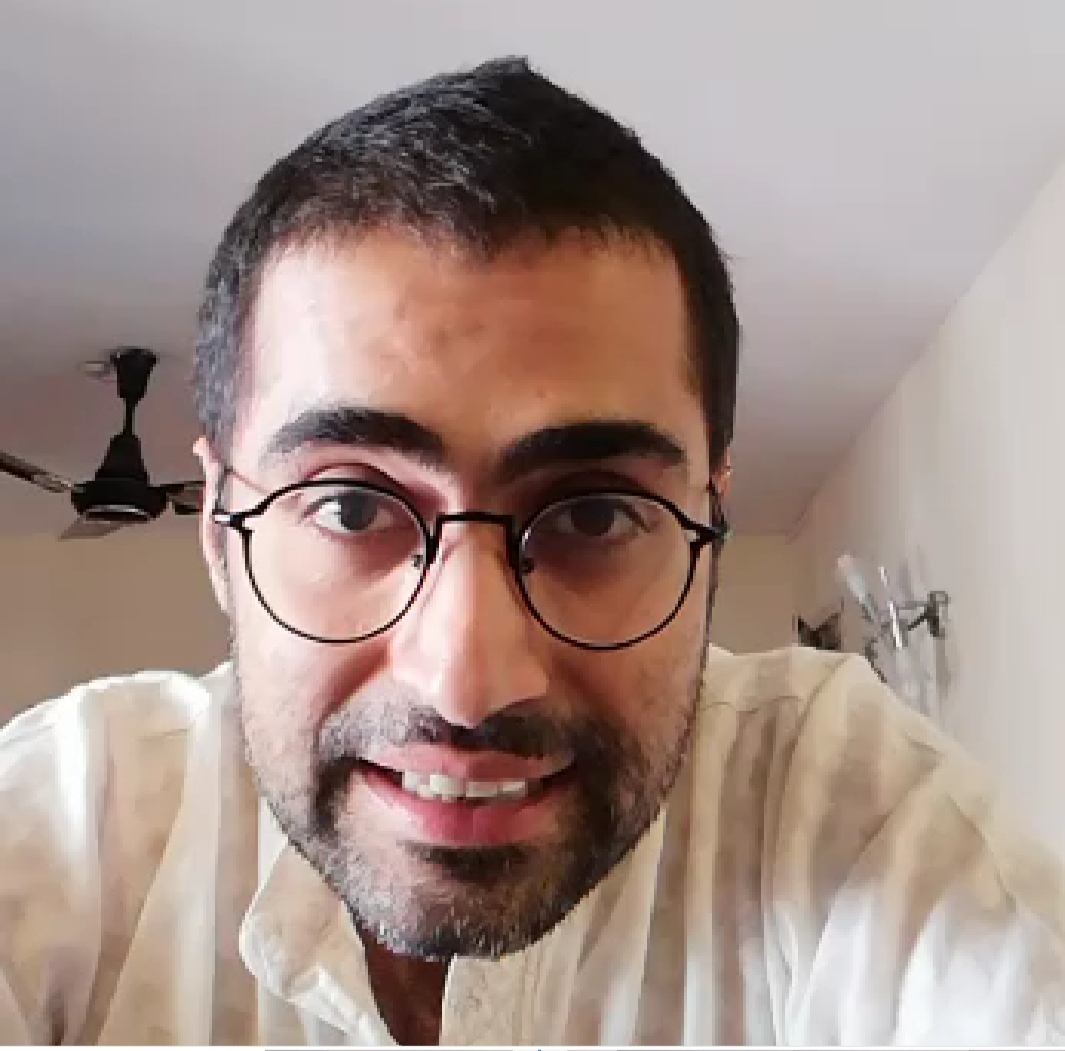
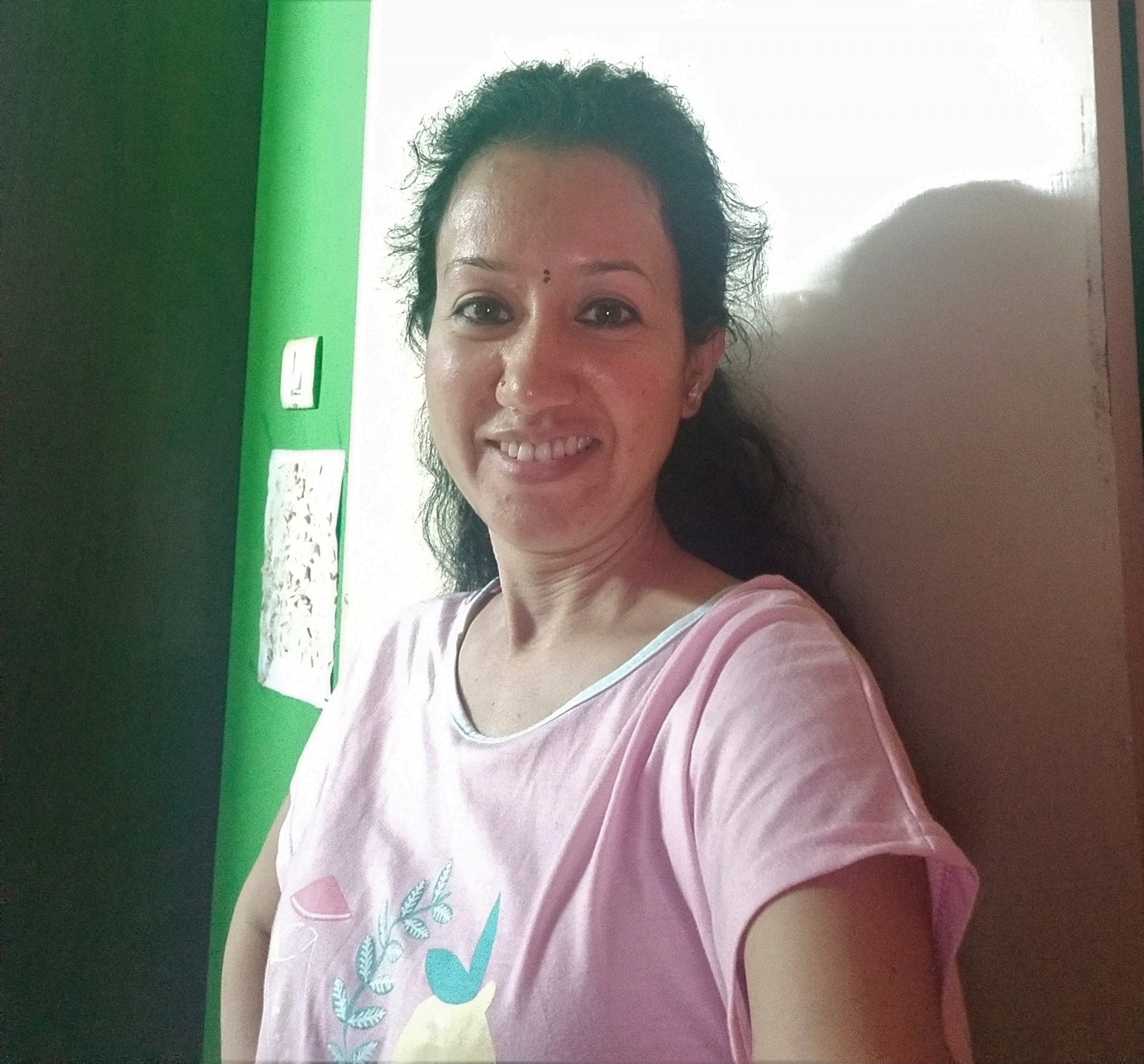
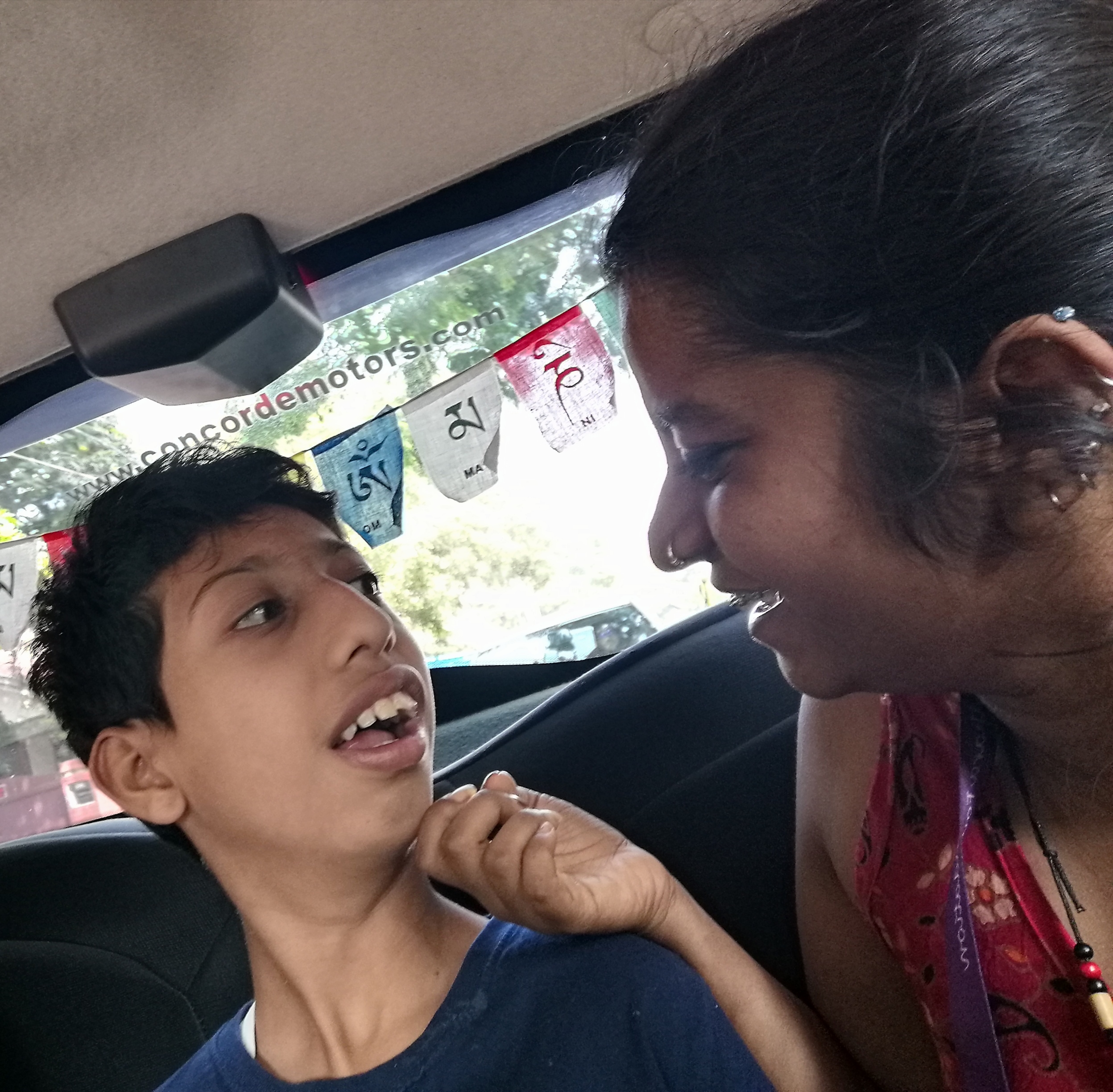
Something interesting happened in Snehadhara in this challenging environment. Much to the delight of children and staff and separately from the interviews for this blog, a parallel process was going on within Snehadhara. Some of us got a phone call from Gitanjali, Founder and Executive Director of Snehadhara who had initiated a moving and thoughtful gesture of asking some of the staff to record one-minute videos which the parents of students could show to the children. She was responding to concerns of parents that the children seemed restless at home and wanted to come to school.
Gitanjali spoke to some of us immediately to send little video messages to her to be sent to parents. Soon there were videos and messages coming from all over. The staff was crooning the children’s favourite songs and messages were coming from parents sharing descriptions of the smiles, laughs, play and amusement of the children upon seeing familiar faces and listening to their favourite circle time songs. Everyone spent a lovely day together, distantly and remotely, but being a part of each other’s world. We wish and pray that the world continues to give the gift of presence to each other in inclusive ways.
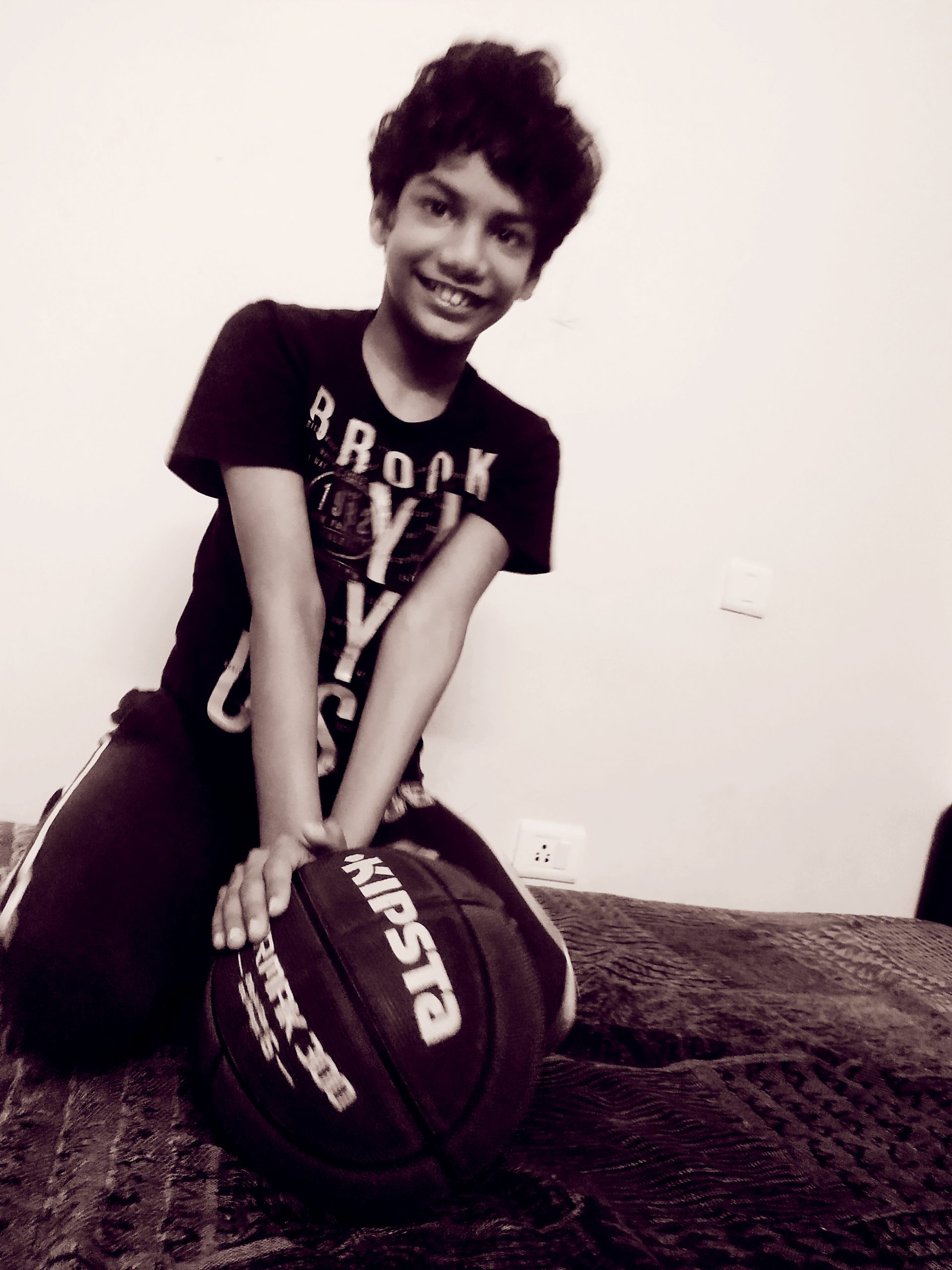
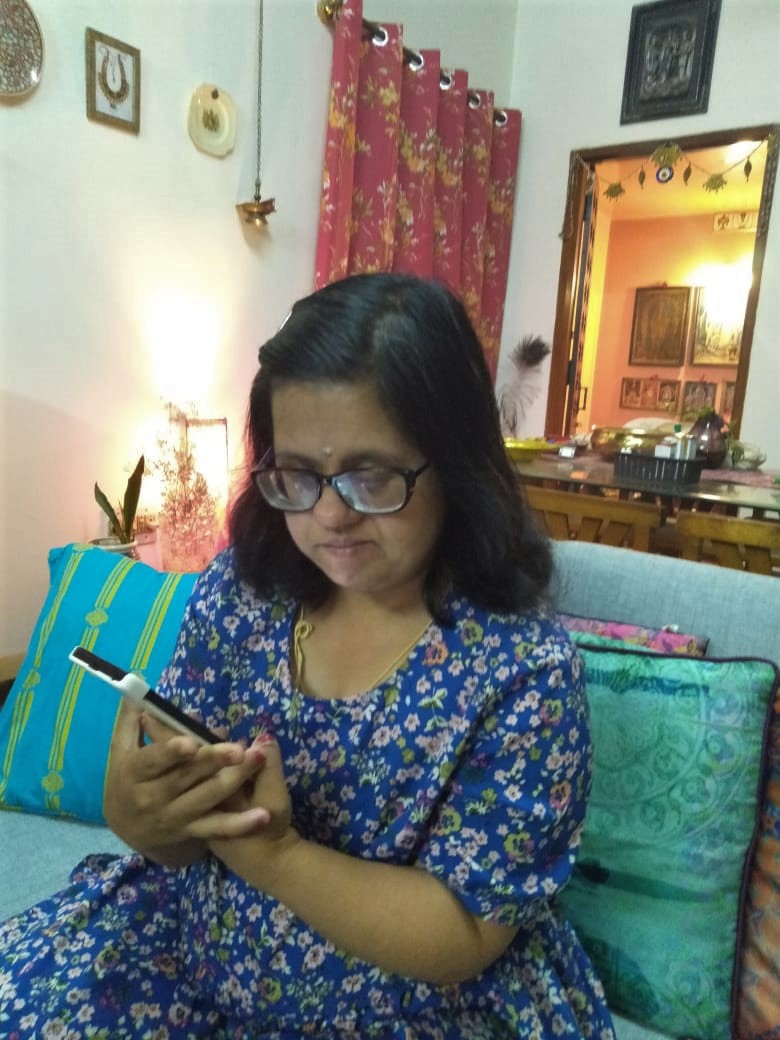
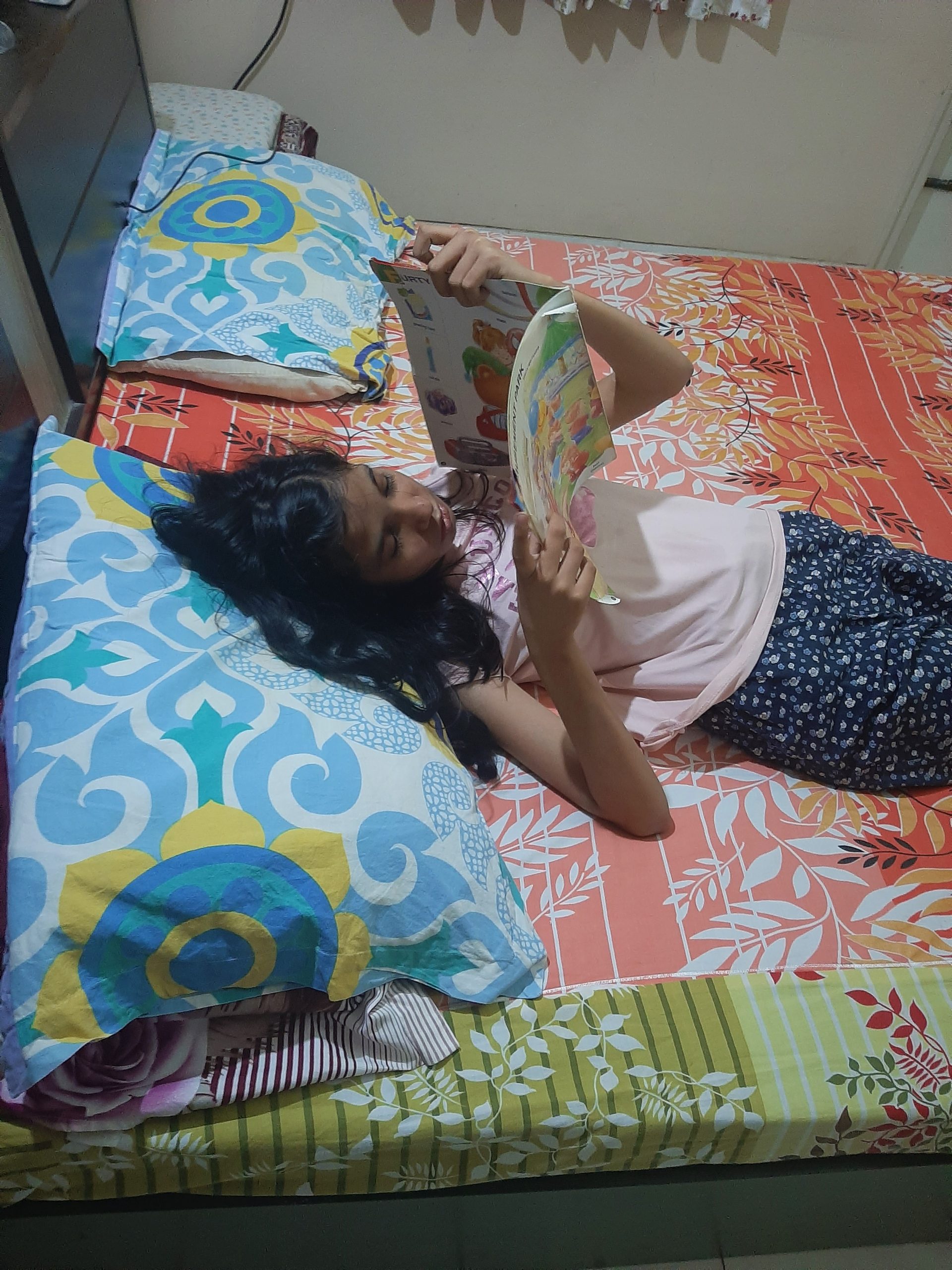

Jetsunma Tenzin Palmo sums up social distancing fairly clearly:
“In particular, be sure to stock up on essential commodities such as equanimity, empathy and a good sense of humour! This is a time for courage and common sense”.

